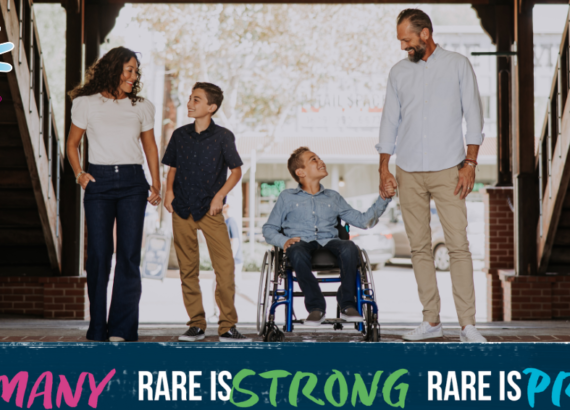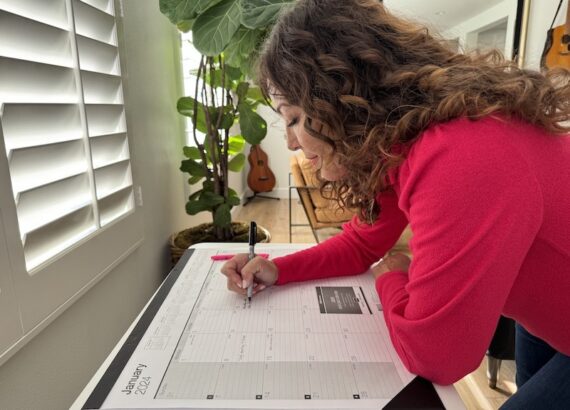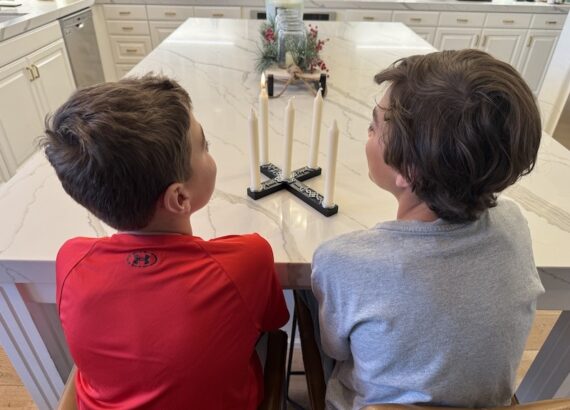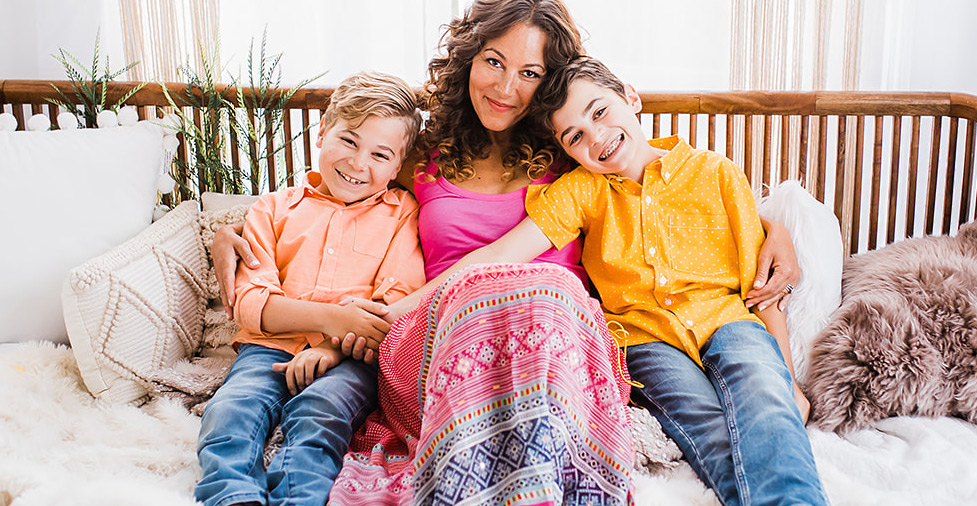EP03 – Happy, But Different with Boston Children’s Epilepsy Center Coordinator & Rare Mom Colleen Gagnon
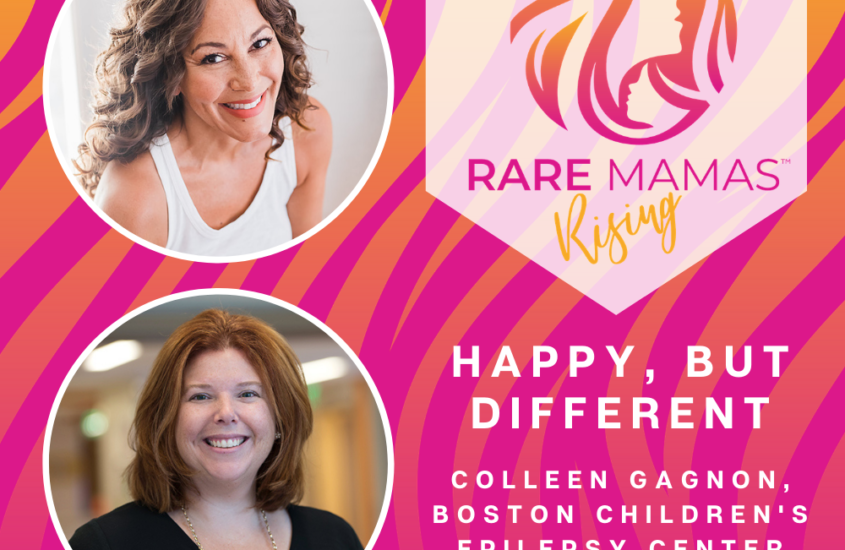
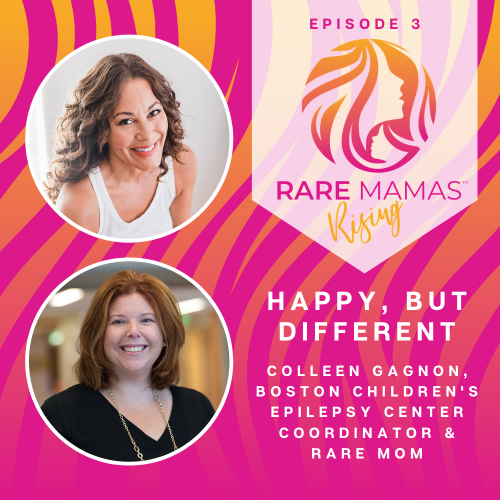
Colleen Gagnon is the Clinical Coordinator of the Epilepsy Center at Boston Children’s Hospital, a nurse, and a rare disease mom herself. At the age of nine months old, her daughter Niamh was diagnosed with a rare genetic mutation of the brain called Subcortical Band Heterotopia. That diagnosis came with a myriad of other diagnoses, including epilepsy, cerebral palsy, and autism. In this episode, Colleen shares valuable insights from her perspective as both a medical professional and a mother. From the importance of allowing yourself to grieve your child’s diagnosis to how parents can effectively collaborate with their child’s care team and how life with a rare disease is often different but can be happy—Colleen shares it all!
Episode Highlights
How did you enter the world of rare disease?
My daughter was born premature at 34 weeks, was healthy, but small. From the beginning I had an instinct that something was different. One day, she woke up fussy and crying and then began having seizures. At the hospital, the results of the MRI were shared with us and we found that Niamh had a brain malfunction called Subcortical Band Heterotopia.
What advice do you have for parents to effectively collaborate with their care team?
Find a good nurse because they can coordinate things and get things done for you. I like parents who are advocates. I always appreciate parents who are asking questions and just want to know more. As long as it’s not adversarial, too intense or confrontational when approaching the care team. Be honest, be open, and be transparent. Have a realistic sense that you don’t have 24-hour access to your healthcare team and they’re doing their best to tend to everyone. I think a lot of nurses and physicians go into this field because they do have a deep sense of wanting to help people and make a difference. So you’re working with people who came into this field for that reason, so really we’re more allies.
What have you learned through parenting Niamh that has helped you professionally?
When your child has a chronic illness, challenging behaviors, and a significant intellectual disability it’s hard to talk about and sometimes there’s a stigma. I see parents struggle with it. I want to tell them that I know how you feel, it’s okay, you’re not alone. What I can give those parents is the advice that they need to be part of a group and a community. They need that support. Because of my experiences, I have an extra sense of knowing what parents need and what I can offer.
What advice do you have for parents who have a new diagnosis?
Be patient, especially through therapies. Look at things over time instead of day-by-day to see improvements, because they’re not going to be instant. Don’t give up on something too soon. Don’t let your child’s rare disease overtake your life. Find joy in your family, in your other children and with your partner. Move on and find your place beyond the disease. You’ll have great moments in life, it’s not all sad. With patience and time, you’ll find the joy. You can lead a very happy life. It might look different but it can still be happy.
